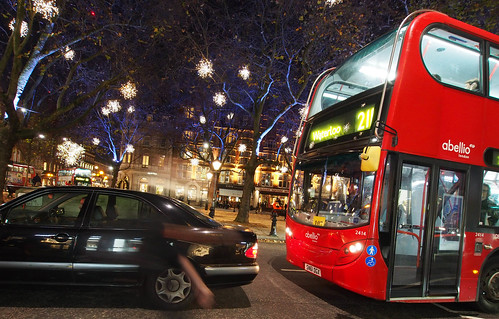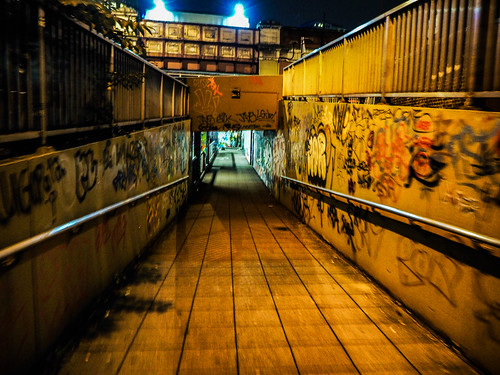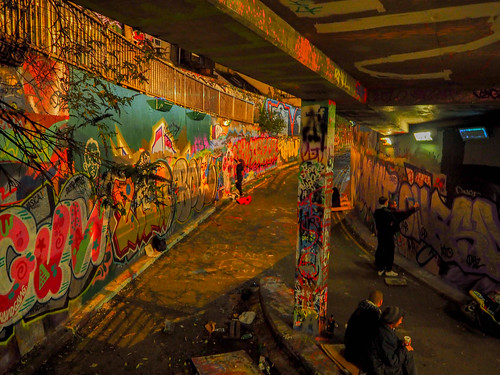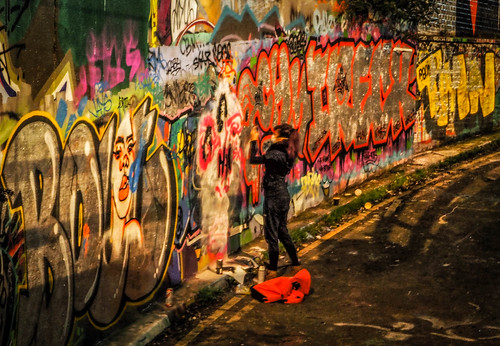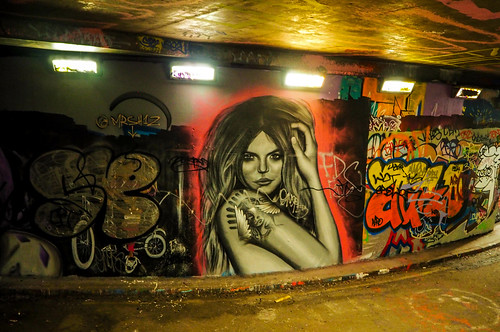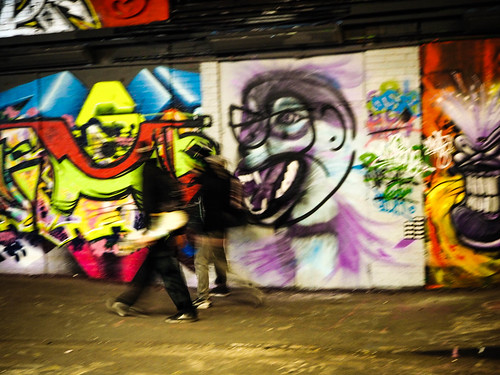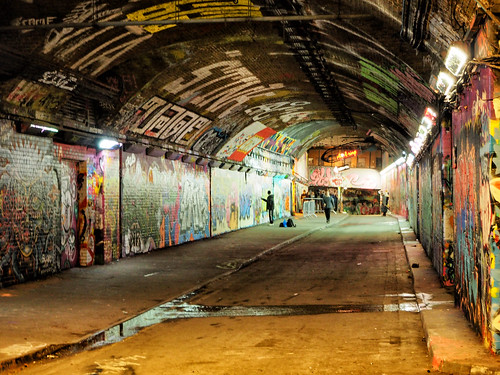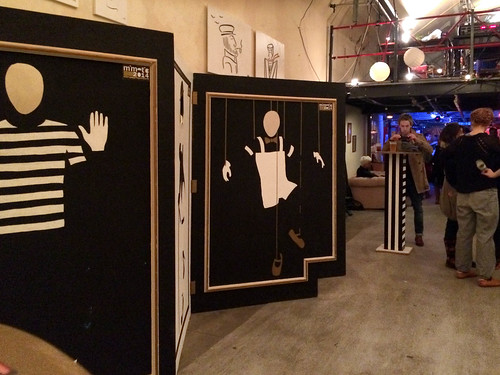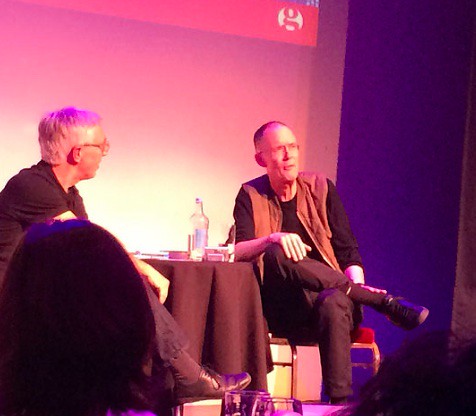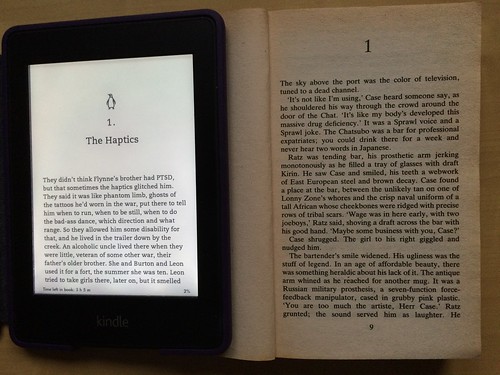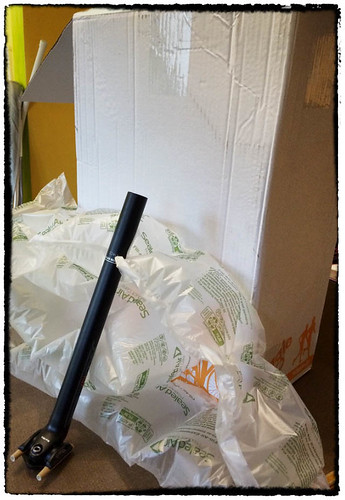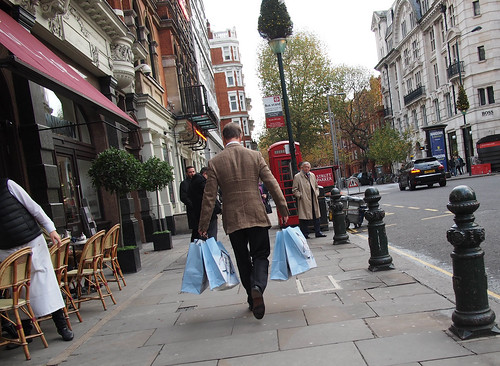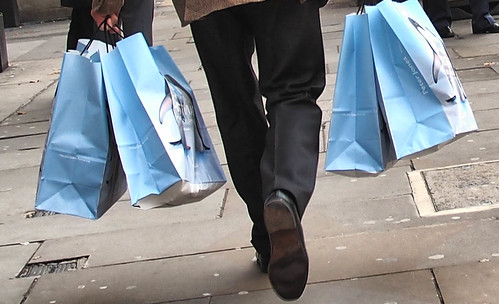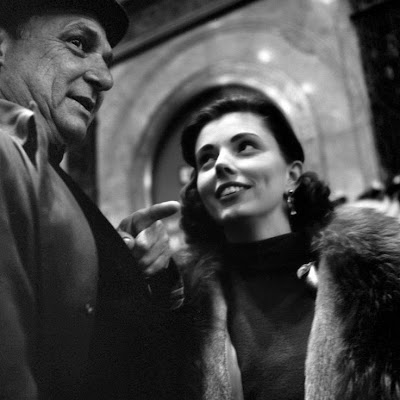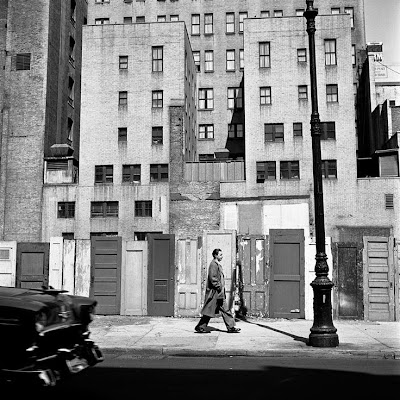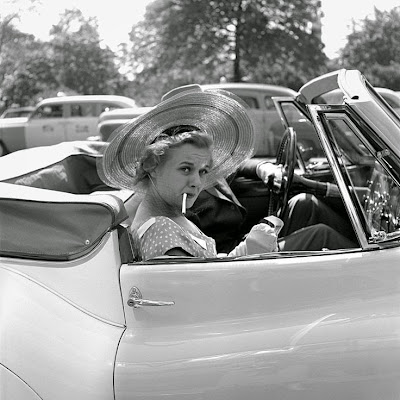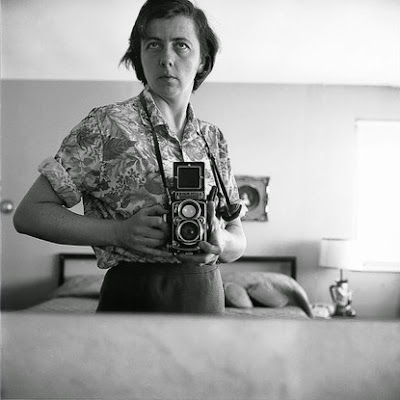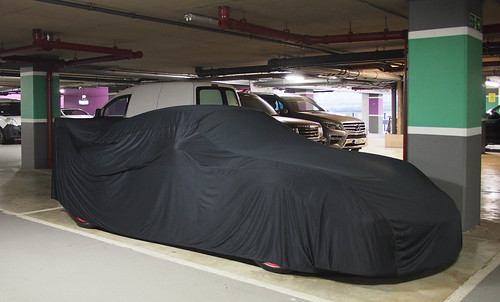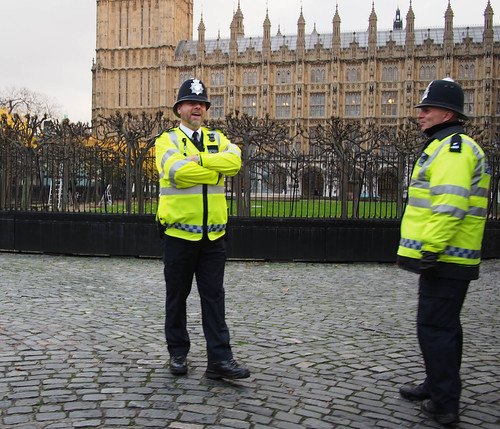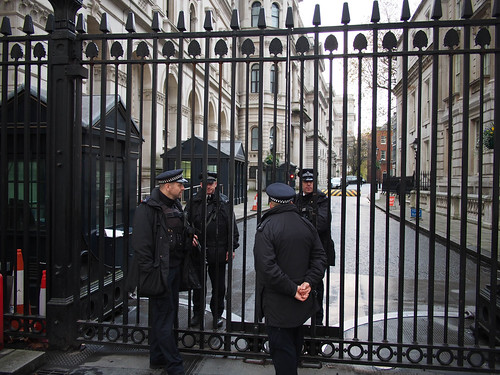
Along to the Royal Academy for the vast Anselm Kiefer exhibition. This has been on my list for a while and even before entering the main exhibition, there's a couple of Kiefer pieces in the courtyard.
The first, a glass tank, containing large U-Boot submarines, suspended at different heights. Then a second tank, with smaller similar vessels, this time laying on their sides at the bottom. Along the side of the second vitrine is a list, with dates of major sea-based conflicts through history.
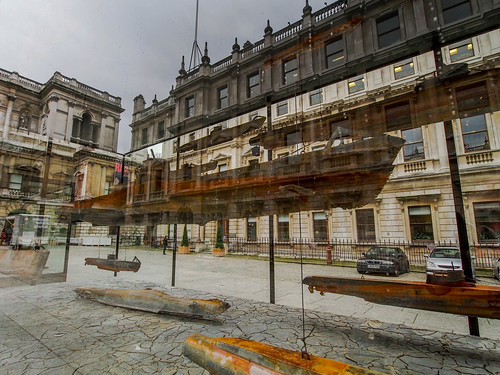
Kiefer was born in Germany at the very end of the Second World War. His huge catalogue of work has the history of Germany as a repeating theme, varied from smaller pictures to huge canvases and installations that fill a whole room. The Morgenthau Plan is one of his well-known works, based upon the stifled U.S.
Treasury plan after WW II to make Germany into a garden nation, much like the salad bowl area of California. History shows the subsequent Marshall Plan prevailed.
The Royal Academy somehow manages to contain Kiefer's exhibits, but only because the Academy rooms become like the individual picture frames of his work. It's obvious from some that they belong in a wilder context, such that this walk through Kiefer's landscape is a carefully curated version of an altogether larger vision.
Recurrent themes include the context of Germany, a rural woodland heritage, three chairs of a religion, and a fourth upside down chair of its antithesis. Look closely and there's serpents slithering through exhibits, another metaphor.
Some parts of the show are quite chilling, and there's a great power to the way that Kiefer's work paints at a sculptural level. Sure, there's some delicate watercolours amongst the collection, but many large canvases are thick with paint, clay, ash and corn from the fields.
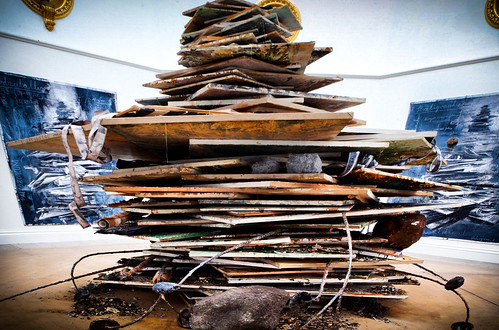
Kiefer knows he is playing with time too, and a single new exhibit for this show is of a tectonic layering of canvases, interspersed with dried flowers and more ash. A representation of time, and the layers of the history of the planet.
And that's the difficult truth of the work too. That Kiefer has brought a harsh and cruel past into so much of his work.


